Indigenous Governance Database
community health
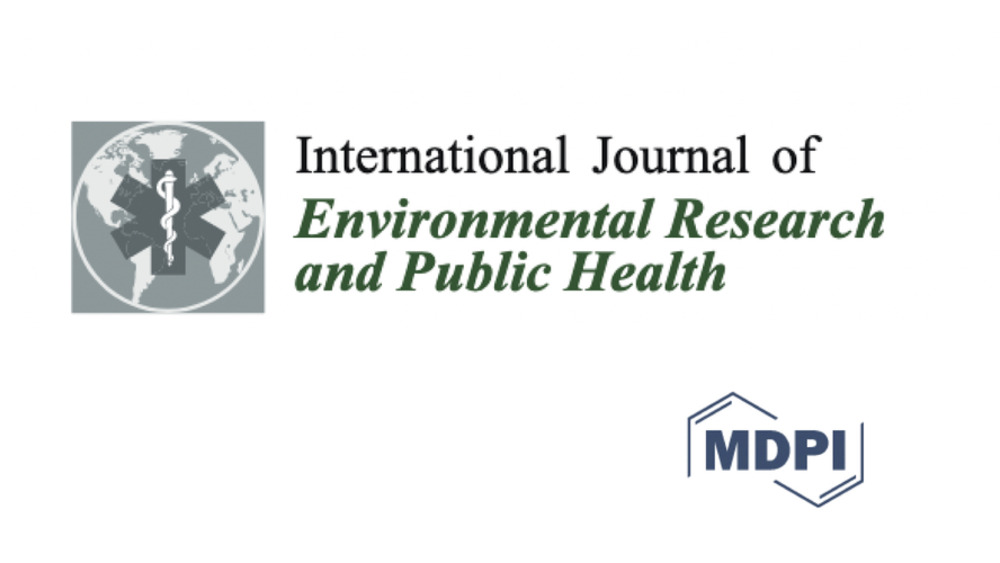
Reclaiming Indigenous Health in the US: Moving beyond the Social Determinants of Health
The lack of literature on Indigenous conceptions of health and the social determinants of health (SDH) for US Indigenous communities limits available information for Indigenous nations as they set policy and allocate resources to improve the health of their citizens. In 2015, eight …
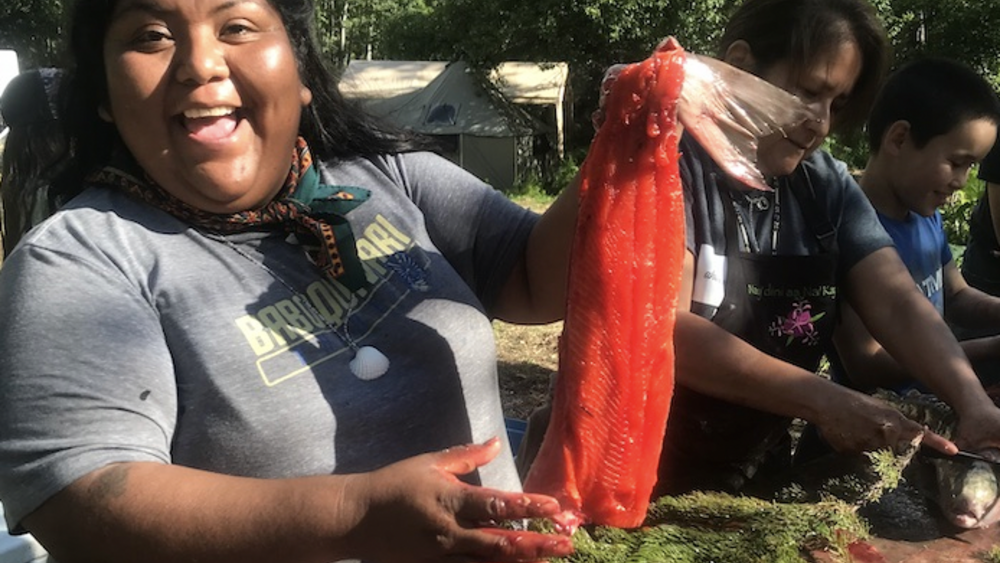
Indigenous Foods Knowledges Network: Facilitating Exchange between Arctic and Southwest Indigenous Communities on Food and Knowledge Sovereignty
On a sunny morning in June of 2019, our hosts at the Athabaskan Nay'dini'aa Na'Kayax' Culture Camp, located near Chickaloon Native Village in south-central Alaska, set up a table near the smoke house and demonstrated how to fillet salmon. It was salmon season in Chickaloon, and young campers were…
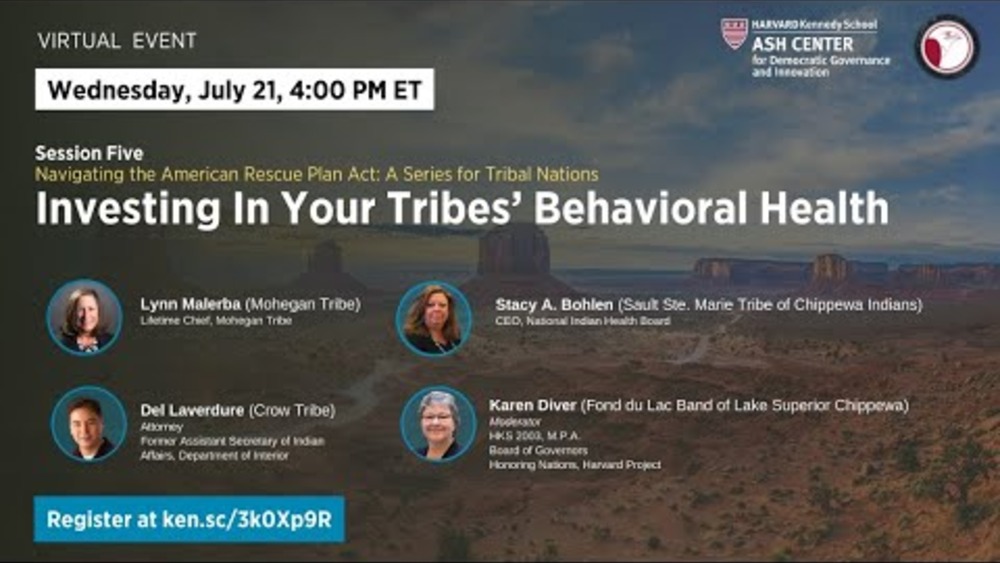
Navigating the ARPA: A Series for Tribal Nations. Episode 5: Investing in Your Tribes' Behavioral Health
From setting tribal priorities, to building infrastructure, to managing and sustaining projects, the American Rescue Plan Act (ARPA) presents an unprecedented opportunity for the 574 federally recognized tribal nations to use their rights of sovereignty and self-government to strengthen their…
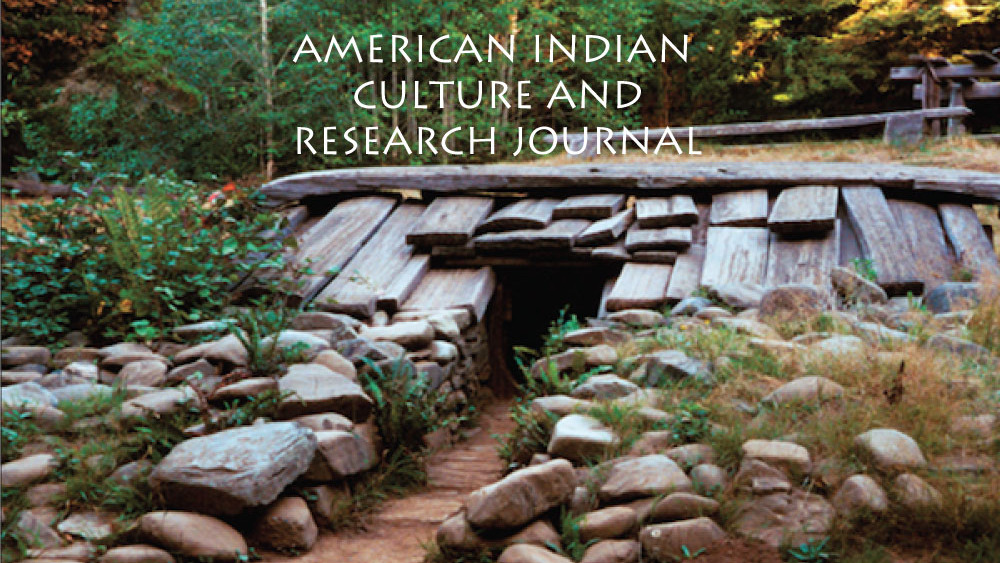
COVID-19 and Indigenous Peoples: Tools to Promote Equity and Best Practices
This is the second volume of a two-volume special issue of the American Indian Culture and Research Journal, volume 44.3, dedicated to the indirect impact of COVID-19 on Indigenous Peoples. The first volume (44.2) covers the degree to which Indigenous Peoples were affected by COVID-19 and how this…
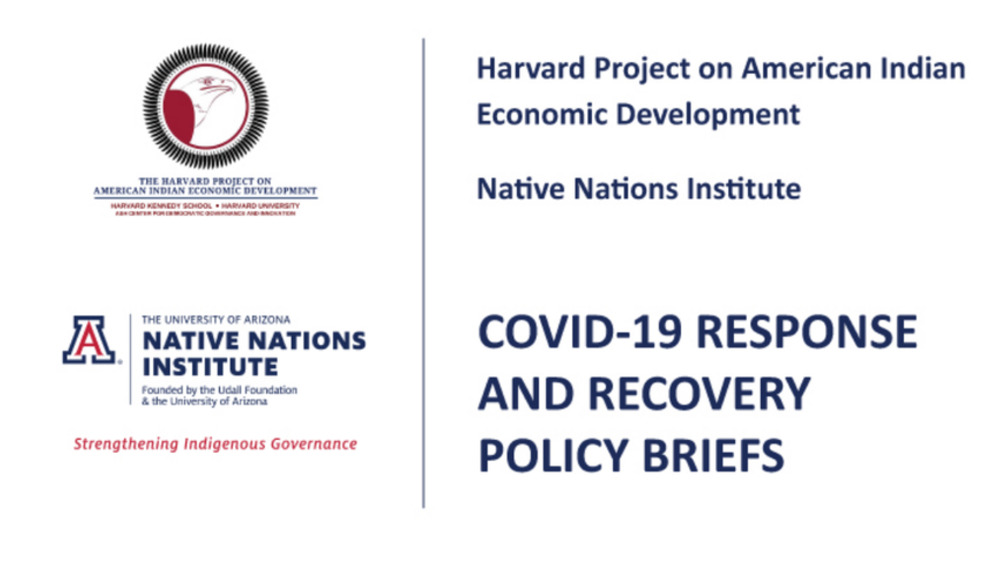
Policy Brief: Recommendations for the Allocation and Administration of American Rescue Plan Act Funding for American Indian Tribal Governments
The American Rescue Plan Act (ARPA) provides the largest infusion of federal funding for Indian Country in the history of the United States. More than $32 billion dollars is directed toward assisting American Indian nations and communities as they work to end and recover from the devastating…
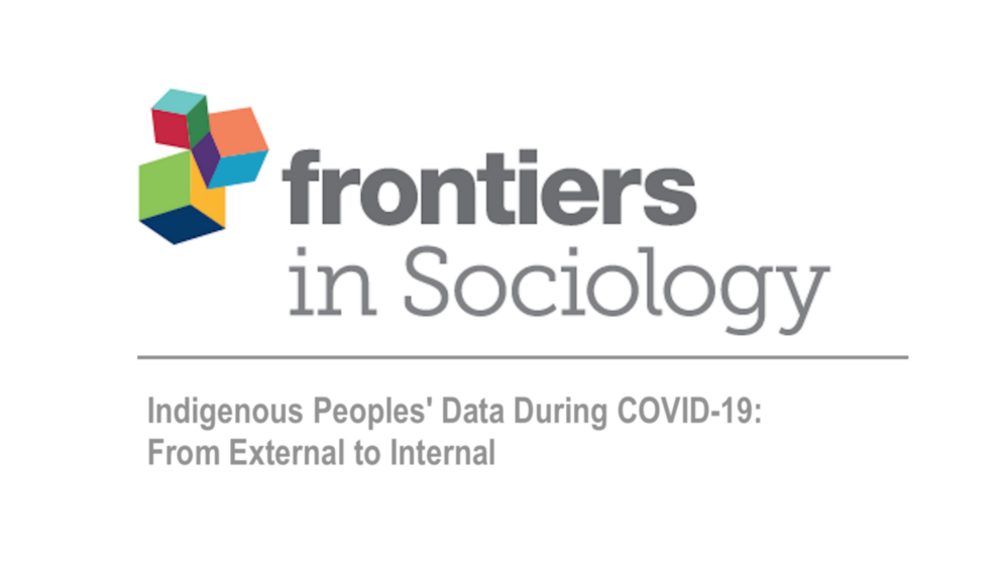
Indigenous Peoples' Data During COVID-19: From External to Internal
Global disease trackers quantifying the size, spread, and distribution of COVID-19 illustrate the power of data during the pandemic. Data are required for decision-making, planning, mitigation, surveillance, and monitoring the equity of responses. There are dual concerns about the availability and…
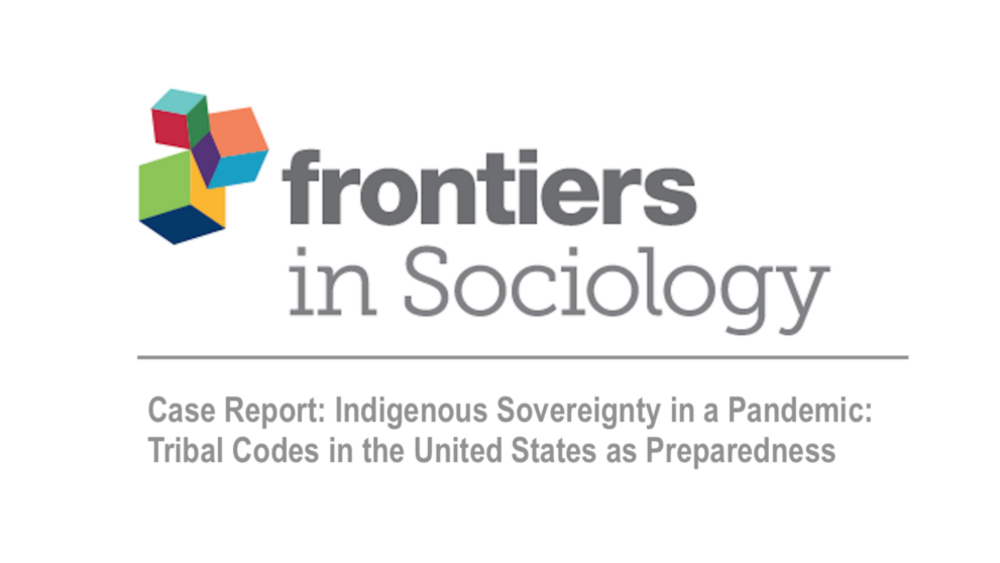
Case Report: Indigenous Sovereignty in a Pandemic: Tribal Codes in the United States as Preparedness
Indigenous Peoples globally and in the United States have combatted and continue to face disease, genocide, and erasure, often the systemic result of settler colonial policies that seek to eradicate Indigenous communities. Many Native nations in the United States have asserted their inherent…
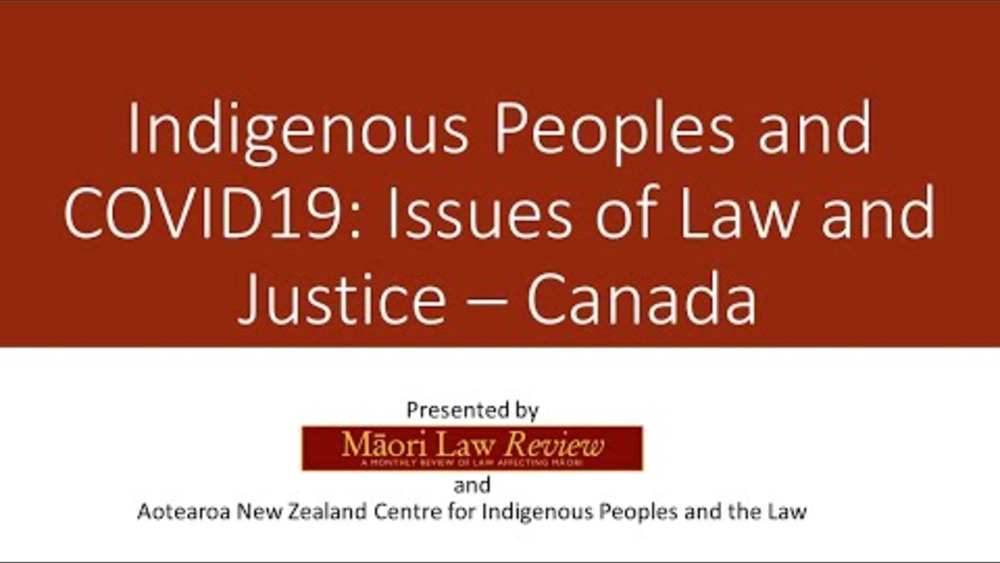
Indigenous Peoples and COVID-19: Issues of Law and Justice – Canada
A co-production of New Zealand's Victoria University of Wellington and the Aotearoa New Zealand Centre for Indigenous Peoples and the Law, the "Indigenous Peoples and COVID-19: Issues of Law and Justice" is a series of conversations focused on the experiences of Indigenous Peoples with COVID…
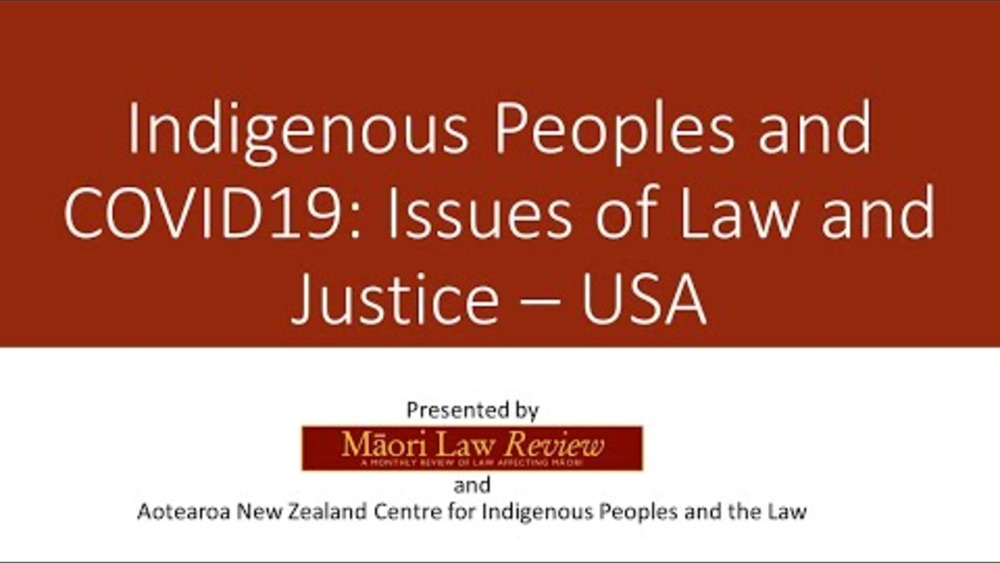
Indigenous Peoples and COVID-19: Issues of Law and Justice – USA
A co-production of New Zealand's Victoria University of Wellington and the Aotearoa New Zealand Centre for Indigenous Peoples and the Law, the "Indigenous Peoples and COVID-19: Issues of Law and Justice" is a series of conversations focused on the experiences of Indigenous Peoples with COVID…
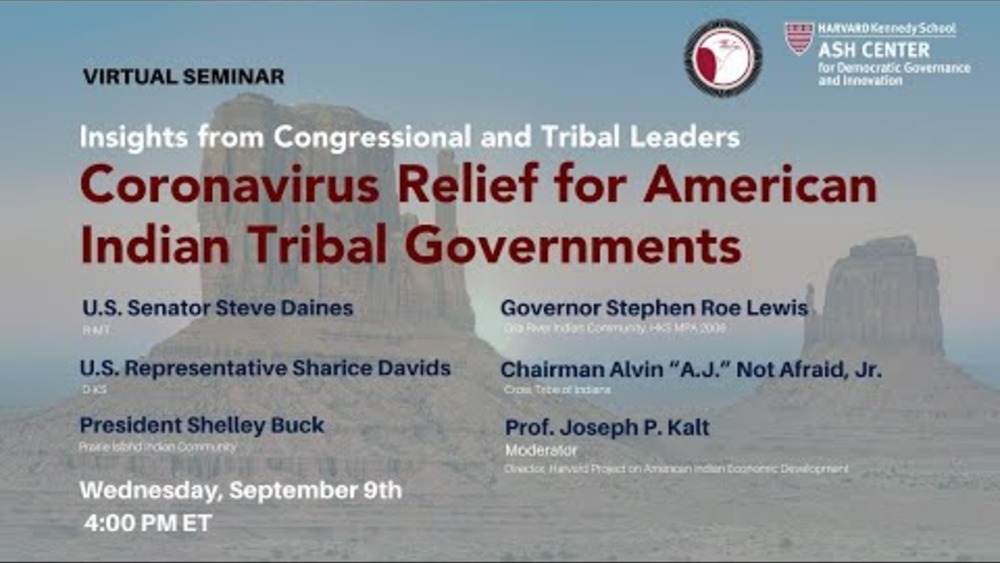
Insights from Congressional and Tribal Leaders: Coronavirus Relief for American Indian Tribal Govt
In March 2020, American Indian tribes celebrated their historic inclusion in the CARES Act, receiving nearly $11 billion in direct relief. The Act recognized that tribal governments are confronting extraordinary demands parallel to those faced by state and local governments. The relief dollars,…
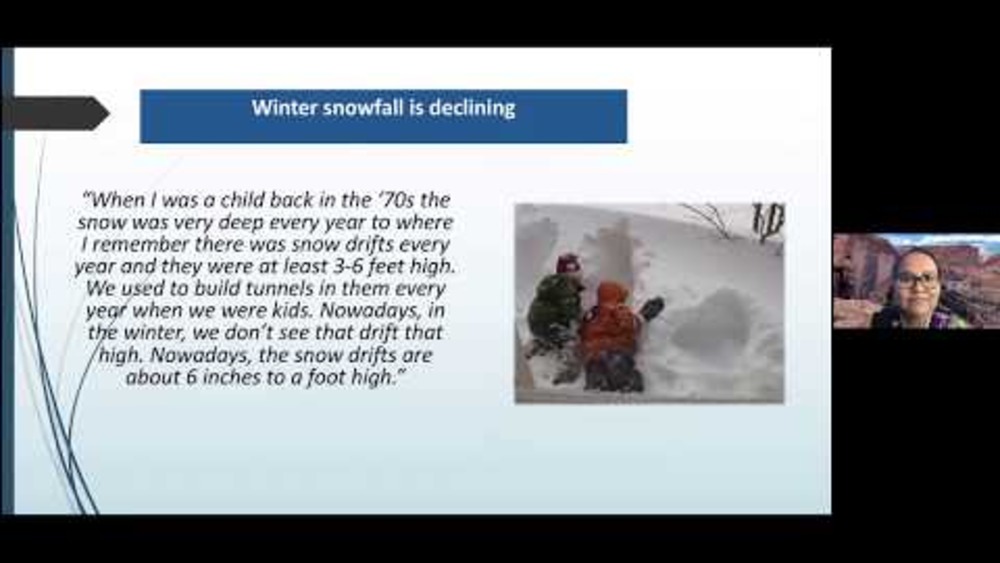
Water in the Native World Webinar Series: Change Rippling through Our Waters and Culture
“Water in the Native World,” a special issue on tribal water research was just released by the Journal of Contemporary Water Research and Education. This is the second time, Dr. Karletta Chief, the PI of the Community Engagement Core of the University of Arizona Superfund Research Center (UA SRC)…

Water in the Native World Webinar Series: Dissolved Uranium and Arsenic in Unregulated Groundwater Sources – Western Navajo Nation
“Water in the Native World,” a special issue on tribal water research was just released by the Journal of Contemporary Water Research and Education. This is the second time, Dr. Karletta Chief, the PI of the Community Engagement Core of the University of Arizona Superfund Research Center (UA SRC)…
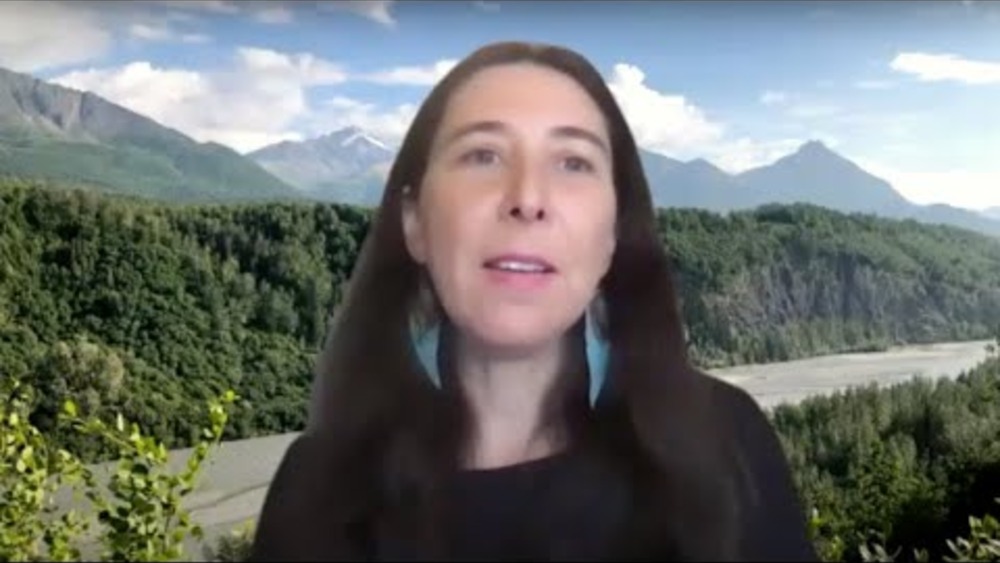
Interview with Dr. Stephanie Carroll about New Research on COVID-19 Spread in Indian Country
Listen to public health researcher Stephanie Carroll, co-author of “American Indian Reservations and COVID-19: Correlates of Early Infection Rates in the Pandemic.” Hear about this new research showing which factors, like household plumbing and language barriers, correlate with a higher spread of…
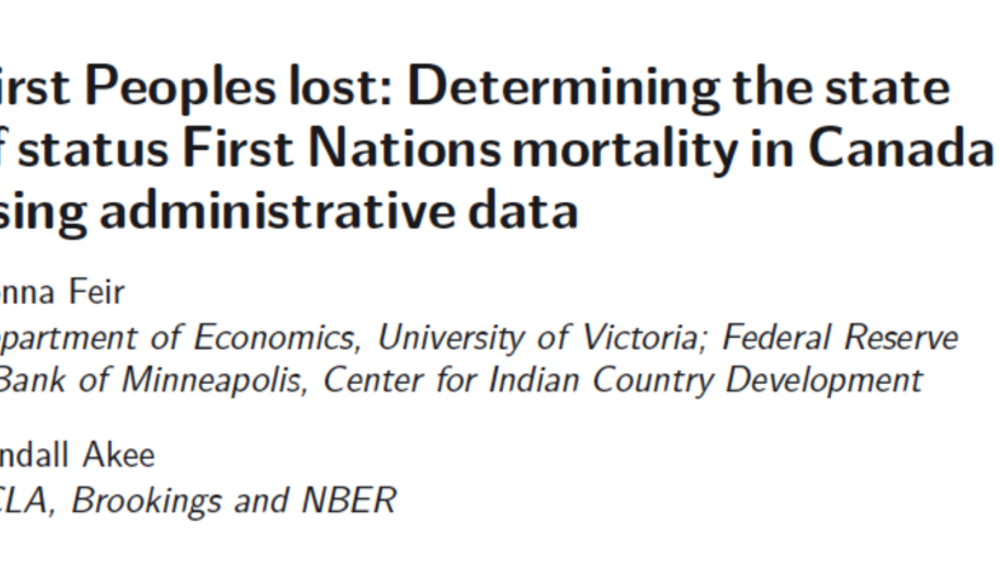
First Peoples Lost: Determining the State of Status First Nations Mortality in Canada Using Administrative Data
We present the most comprehensive set of estimates to date for status First Nations mortality in Canada. We use administrative data from Indigenous and Northern Affairs Canada to establish a set of stylized facts regarding status First Nations mortality rates. Between 2010 to 2013, the mortality…
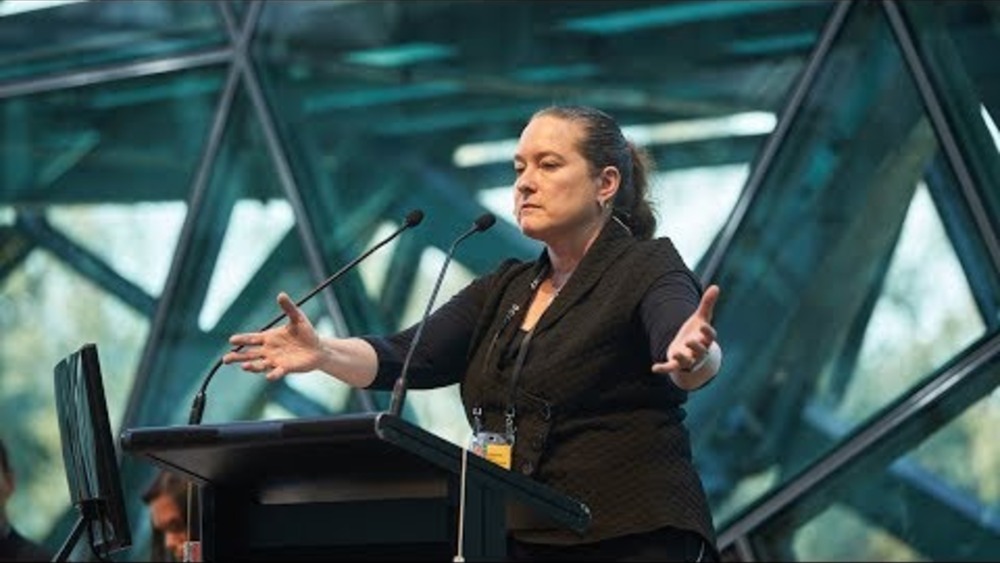
Dr. Miriam Jorgensen: First Nations governance
Dr. Miriam Jorgensen, Research Director for the Native Nations Institute at the University of Arizona, spoke at ANZSOG's Reimagining Public Administration conference on February 20. Dr. Jorgensen said that First Nations governance structures were important for the strength of communities. “Not just…
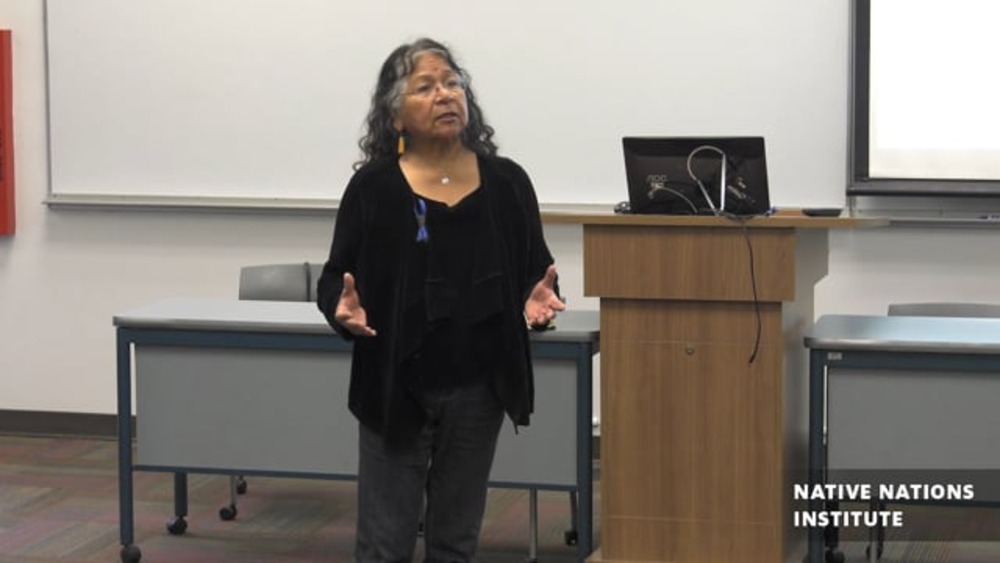
Diane Enos: Native Women in Governance
Diane Enos, Attorney, Councilwoman & Former President of Salt River Pima-Maricopa Indian Community. In addition to her tenure with the Salt River Pima – Maricopa Indian Community, Diane has served as Vice President of the Inter-Tribal Council of Arizona, as Chairwoman of the Arizona Indian…
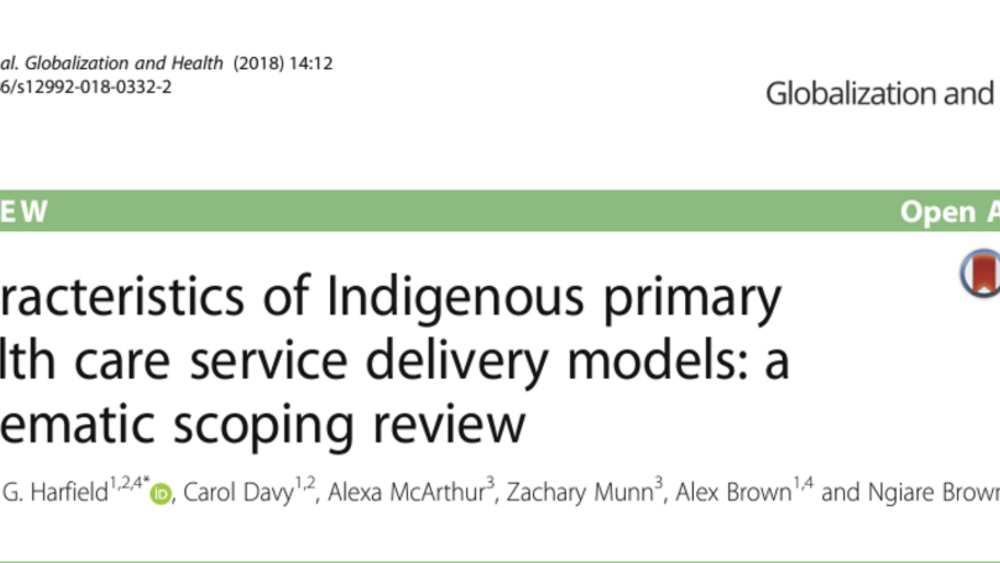
Characteristics of Indigenous primary health care service delivery models: a systematic scoping review
Indigenous populations have poorer health outcomes compared to their non-Indigenous counterparts. The evolution of Indigenous primary health care services arose from mainstream health services being unable to adequately meet the needs of Indigenous communities and Indigenous peoples often being…

Ahwahsiin (The Land/Where We Get Our Food)
Indigenous Peoples’ knowledge and food systems are fast disappearing but are of the utmost importance, not only for sustaining Indigenous Peoples but also for providing alternative paradigms for coping with diverse ecosystems in a changing global environment. This research examines Blackfeet…
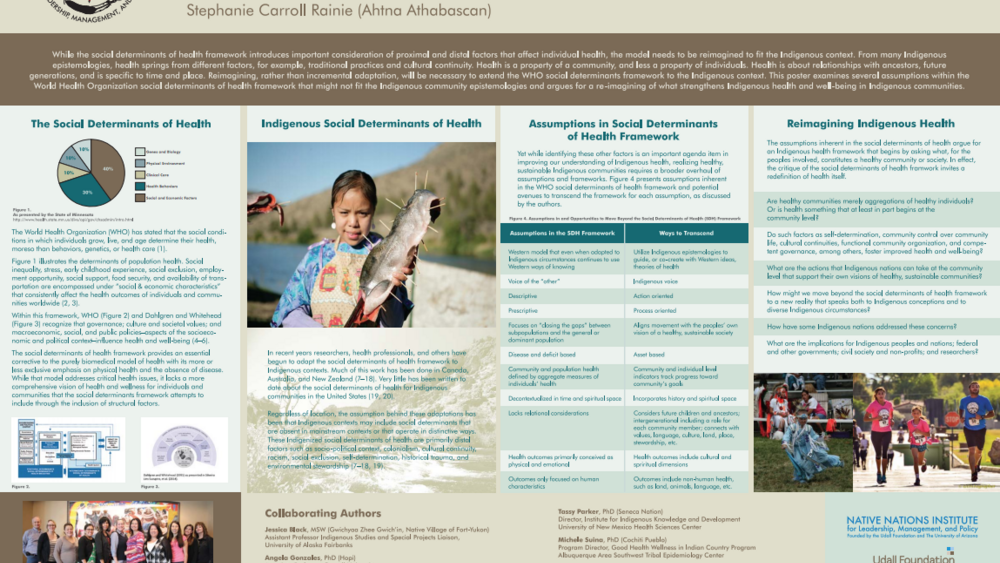
Reimagining Indigenous Health: Moving Beyond the Social Determinants of Health
Senior researcher Stephanie Carroll Rainie critiqued the application of social determinants of health models in Native communities and challenged readers to reconsider how they think about Indigenous health.
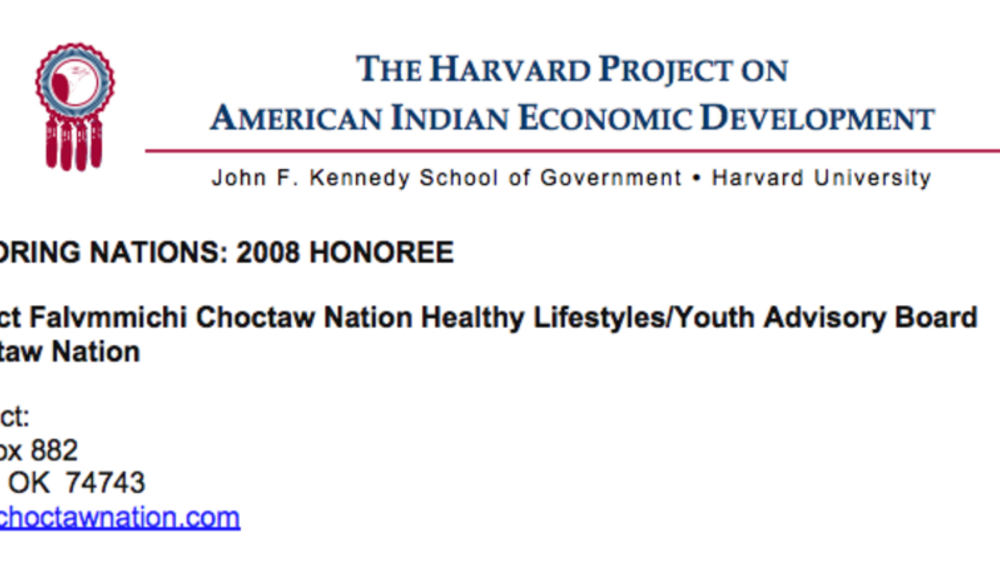
Project Falvmmichi (Choctaw Nation of Oklahoma)
"It is not cool to hit or be hit" is the straightforward motto of Project Falvmmichi, a school-based program of the Choctaw Nation designed to tackle the problem of domestic violence. The program teaches elementary school students positive ways to deal with anger and resolve conflicts. Today, more…
